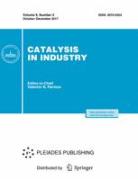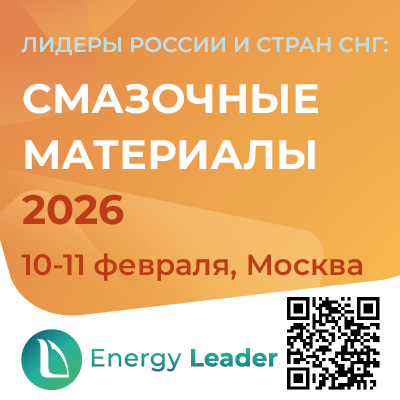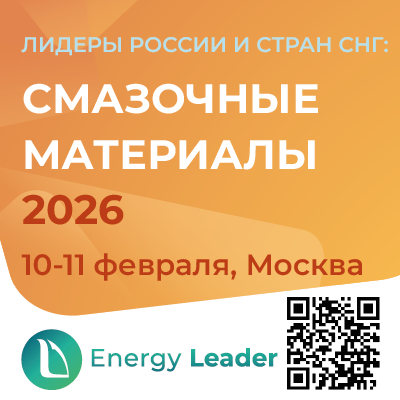Dehydrogenation of n-butane to 1,3-butadiene on chromia-alumina catalyst: 2. Mathematical model of the reactor
https://doi.org/10.18412/1816-0387-2024-3-29-38
Abstract
The mathematical model of the adiabatic fixed-bed catalytic reactor for direct dehydrogenation of n-butane to butadiene operating under nonstationary conditions is formulated for the first time. The model includes kinetic equations that describe the formation of primary products, by-products, secondary products and coke on the K-CrOx /γ-Al2O3 catalyst [Cat. Ind. 2024. V. 24(1). P. xx–xx]. The model allows predicting the yield of butadiene and other products depending on the process parameters, such as the catalyst activity, the feed gas composition, the cycle time of the dehydrogenation period, the ratio of the catalyst to inert material (for both uniform and non-uniform dilution). The model allows calculating the temperature regime of the catalyst operation and the degree of its coking along the bed length. The adequacy of the model to the industrial process in the description of n-butane conversion, butadiene and butylene formation, coke accumulation and loss of catalyst activity is shown on the example of test calculations of the main process parameters.
About the Authors
E. S. BorisovaRussian Federation
V. M. Khanaev
Russian Federation
V. A. Chumachenko
Russian Federation
E. V. Ovchinnikova
Russian Federation
A. S. Noskov
Russian Federation
References
1. Кирпичников П.А., Береснев В.В., Попова Л.М. Альбом технологических схем основных производств промышленности синтетического каучука: Л.: Химия, 1986. 224 с.
2. Информационно-технический справочник по наилучшим доступным технологиям ИТС 18-2019. Производство основных органических химических веществ. Москва: Бюро НДТ, 2019.
3. Быков В.И., Федотов А.В. Оптимизация реакторов с падающей активностью катализатора; ред. Г.С. Яблонский; АН СССР. Красноярский ВЦ, Институт катализа. Новосибирск: ИК, 1983. 196 с.
4. Тимошенко В.И., Буянов Р.А. // Кинетика и катализ. 1971. Т. 12. № 1. С. 124—131.
5. Dumez F. J., Froment G.F. // Ind. Eng. Process Des. Dev. 1976. V. 15. № 2. P. 291—301. DOI: 10.1021/i260058a014.
6. Acharya D.R., Hughes R. // Can. J. of Chem. Eng. 1990. V. 68. № 1. P. 89—96. DOI: 10.1002/cjce.5450680111.
7. Овчинникова Е.В., Петров Р.В., Чумаченко В.А., Носков А.С. // Катализ в промышленности. 2024. T. 24. № 3. С. 16—28. DOI 10.18412/1816-0387-2024-3-16-28
8. Аэров М.Э., Тодес О.М., Наринский Д.А. Аппараты со стационарным зернистым слоем. Л.: Химия, 1979. 176 с.
9. Bauer R., Schlunder E.U. // Int. Chem. Eng. 1978. V. 18. № 2. P. 189—204.
Review
For citations:
Borisova E.S., Khanaev V.M., Chumachenko V.A., Ovchinnikova E.V., Noskov A.S. Dehydrogenation of n-butane to 1,3-butadiene on chromia-alumina catalyst: 2. Mathematical model of the reactor. Kataliz v promyshlennosti. 2024;24(3):29-38. (In Russ.) https://doi.org/10.18412/1816-0387-2024-3-29-38



























